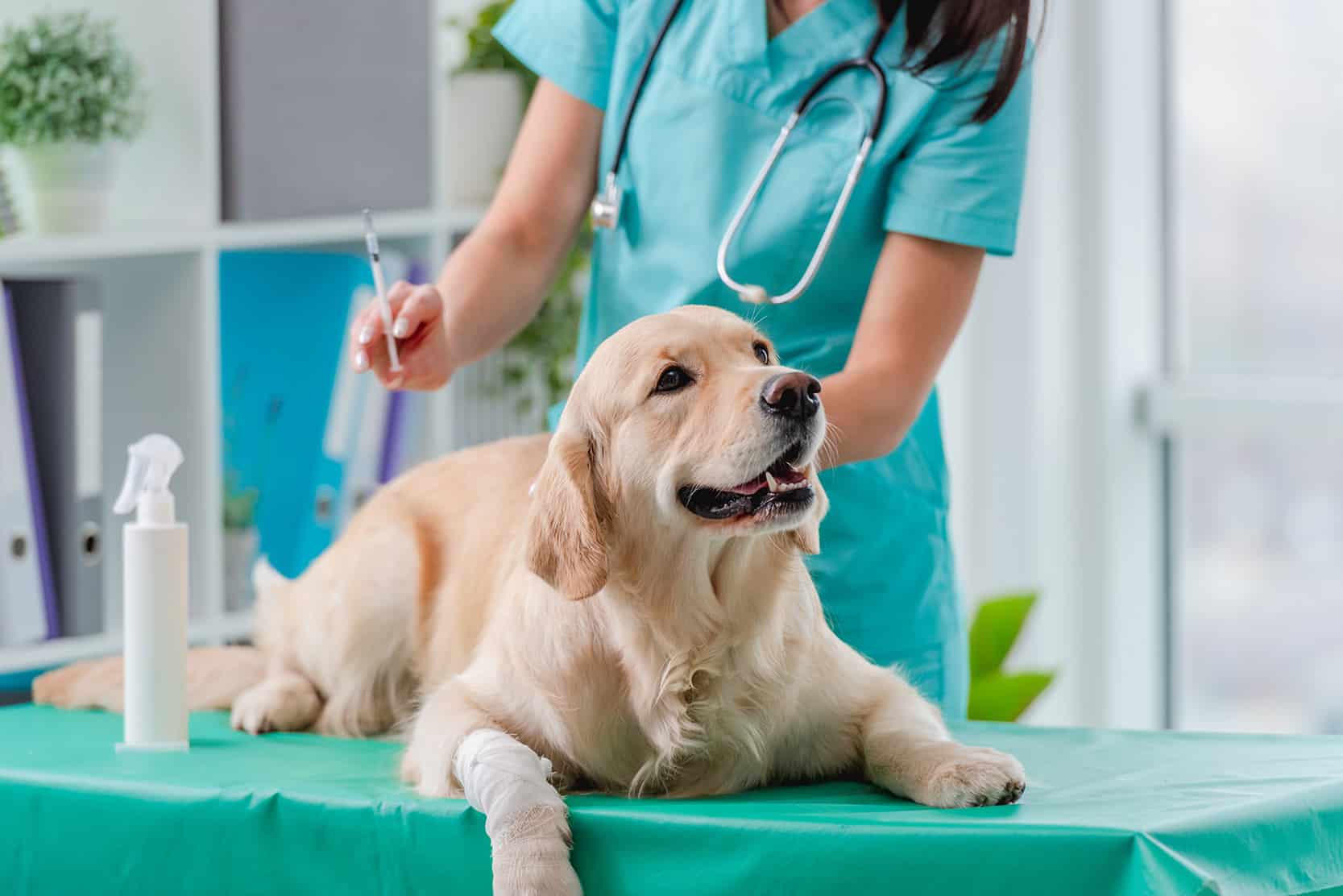
Treatment for Dental Disease in Gallatin, TN
Dental disease is the most common dental condition in dogs and cats – with statistics showing that 80 percent of pets will have some early evidence of gum disease by the time they are 3 years old. Left untreated, dental disease will worsen as your pet ages, resulting in pain, tooth loss, infection, and even damage to vital organs, such as the heart, liver, and kidneys. That is why at Bluegrass Veterinary Hospital in Gallatin, Tennessee, we want to help treat the disease.
What is Dental Disease?
Dental disease, also known as periodontal disease, is an inflammatory disease that affects the supporting tissues of teeth and, if untreated, can lead to progressive tissue damage, chronic pain, gum erosion, bone loss, and even tooth loss, which can be devastating to your pet. Dental disease can also cause systemic problems that will affect your pet’s overall health—liver, kidney, and heart disease can develop as the result of both chronic oral inflammation and as bacteria in the mouth spread throughout the body.
Dental disease is caused by the accumulation of plaque and tartar on the teeth, which triggers inflammation and infections in the surrounding tissues. Plaque is a sticky bacterial film that forms on teeth after eating. Still, if your dog’s or cat’s teeth aren’t brushed daily, plaque will accumulate, become mineralized and turn into dental calculus—often referred to as tartar. Once formed, tartar can only be removed by your vet.
Bacteria in plaque and tartar release toxins that irritate and inflame gums, resulting in gingivitis (early stage of gum disease) and, eventually, periodontal disease (advanced stage of gum disease). Symptoms of dental disease vary depending on the stage, but the most common signs include the following:
- Red or puffy gum
- Gums that bleed during brushing or chewing
- Bad breath
- Loose teeth
- Receded gums
- Tooth root exposure
- Oozing pus from around the teeth
- Teeth that are discolored or covered in tartar
- Reduced appetite or refusal to eat
- Abnormal chewing, drooling, or dropping food from the mouth
Expect Kindness & Compassion
Comprehensive Veterinary Care for Your Four-Legged Family Member.
How is the Dental Disease Diagnosed?
At Bluegrass Veterinary Hospital, we use several tools to screen for and diagnose dental disease. All this diagnostic testing is performed under general anesthesia.
- Oral Examination: Our veterinarians will thoroughly examine your pet’s mouth, noting the alignment of the teeth and the extent of tartar accumulation above and below the gum line.
- Other Diagnostic Tests: Because dental disease also affects your pet’s overall health, we may perform blood screening tests, such as a complete blood count (CBC) and serum biochemistry, to assess different liver and kidney function markers.
Can You Ever Get Rid of Periodontal Disease?
The early stage of periodontal disease is treatable and curable with daily (or even weekly) brushing and good oral health care. When your pet enters stages 2 and 3 of periodontal disease, the damage is often irreversible. Still, you can prevent it from getting worse with proper treatment, consistent at-home care as well as regular dental cleanings. If periodontal disease is in stage 4, it may not be possible to save the affected teeth.
How Do Vets Treat Advanced Dental Disease?
The first step to treating gum disease is a deep dental cleaning, which includes scaling the teeth above and below the gum line to remove plaque and tartar buildup. Our veterinarians will do a deep cleaning of any abnormal periodontal pockets and polish the teeth, creating a smooth surface that makes it more difficult for plaque and bacteria to stick to the tooth.
We’ll then apply an antibiotic gel into those areas to help to close those pockets and prevent further destruction of the tooth attachments. This procedure is usually done under anesthesia to ensure your pet is comfortable. Our team will recommend a schedule to have your dog’s teeth professionally cleaned regularly to keep their mouth and gums healthy. You will also be given instructions on how to do weekly cleanings at home to protect the newly cleaned gums and teeth.
How Can Gum Disease in Pets Be Prevented?
The best way to prevent gum disease in pets is by being proactive. This consists of brushing your pet’s teeth daily. There are also dental chews, dog food, and chew toys specifically designed to address dental disease and keep tartar from getting out of control – these are all viable options, according to most dental specialists. Your pet should also see the vet at least once every six months for an oral health evaluation and cleaning.

Schedule an Appointment Today!
With the proper care and regular dental visits with your veterinarian, you can prevent oral health issues like gum disease before they even begin. At-home care paired with thorough examinations and cleanings helps us work together to keep your pet’s mouth free of potentially dangerous dental diseases. Contact us today to schedule an appointment at our Gallatin, TN, practice!
